At Agiletek Solutions, we offer comprehensive QA testing services to ensure the quality and reliability of your software solutions. Our experienced QA team employs industry-leading methodologies and best practices to identify and mitigate potential issues, delivering superior products that meet and exceed your expectations.
We understand that each project is unique, which is why we develop tailored testing strategies to suit your specific requirements. Whether you need functional testing, performance testing, security testing, or a combination of these and more, our experts will craft a customized approach to address your unique challenges and goals.
To streamline the testing process and accelerate time-to-market, we leverage advanced automation testing techniques and tools. By automating repetitive tasks and executing tests across different environments and configurations, we maximize test coverage, minimize manual effort, and enhance overall testing efficiency.
Our commitment to quality extends throughout the development lifecycle, with continuous integration and testing practices integrated seamlessly into our processes. Through automated build and test pipelines, we ensure that every code change is thoroughly tested, enabling early detection and resolution of issues before they impact production.
Laoreet scelerisque euismod egestas suspendisse aliquet amet ultrices faucibus mauris sit odio. Mattis morbi suspendisse mus ut pellentesque at pulvinar. Interdum justo suspendisse porttitor ornare. Euismod egestas suspendisse aliquet amet ultrices faucibus mauris
Metus sed volutpat amet duis sagittis mino
Metus sed volutpat amet duis sagittis mino
Metus sed volutpat amet duis sagittis mino
Metus sed volutpat amet duis sagittis mino
QA testing, or Quality Assurance testing, involves systematically checking your website for issues to ensure it meets quality standards. It’s essential for your website to deliver a seamless user experience, maintain functionality across various devices, and uphold your brand reputation.
QA testing for websites involves various methods, including functional testing to validate features, performance testing to assess speed and responsiveness, security testing to identify vulnerabilities, and usability testing to ensure user-friendliness.
Cross-browser compatibility is ensured by testing the website on different browsers like Chrome, Firefox, Safari, and Edge to verify consistent performance and appearance. Tools like BrowserStack or Sauce Labs facilitate this process.
Security testing involves identifying and mitigating vulnerabilities that could compromise your website’s integrity and data. Techniques like penetration testing, vulnerability scanning, and code review help uncover security weaknesses and ensure robust protection.
Defects are logged, prioritized based on severity and impact, and tracked through resolution using dedicated defect tracking tools. Regular communication among team members ensures timely resolution of critical issues to maintain project momentum.
Metus sed Disse aliquet amet ultrices faucibus mauris sito diattis morbi suspendisse pellentesque pulvinar interdum justo suspendisse.
